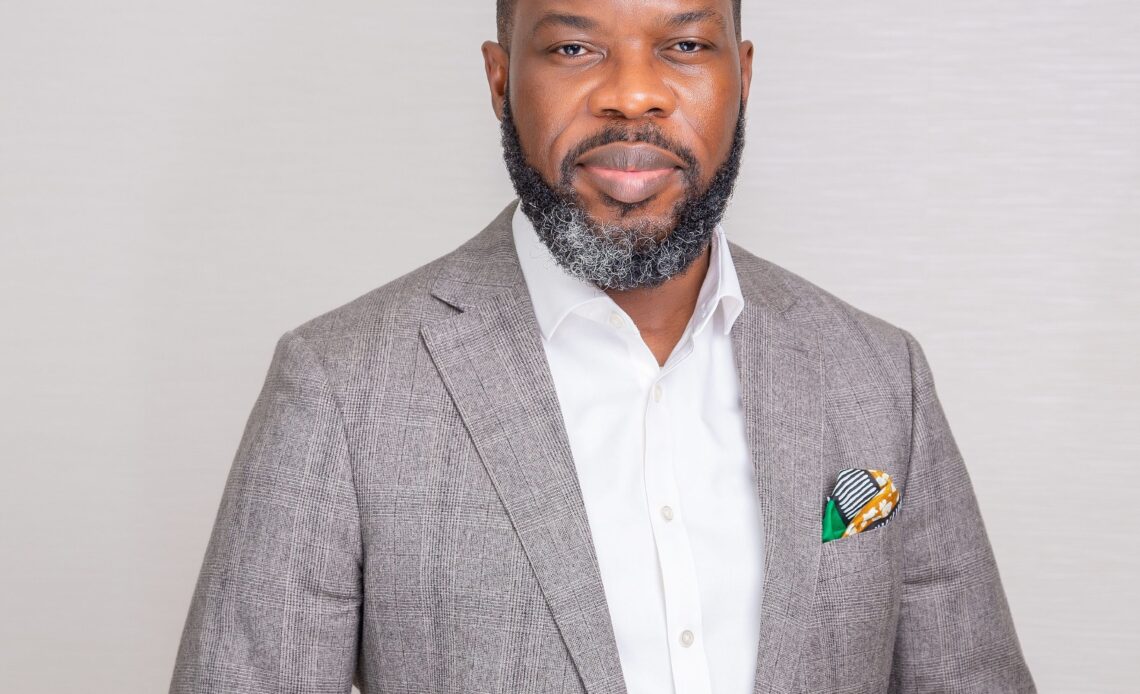George Asamani, MD, Project Management Institute, Sub-Saharan Africa
Africa’s green transition will succeed only if it becomes a talent transition, according to George Asamani, Managing Director of the Project Management Institute (PMI), Sub-Saharan Africa.
Speaking on Africa’s role in the global shift to clean energy, Asamani noted that while the continent is under pressure to decarbonise, it still faces deep energy poverty with more than 600 million people lacking access to electricity. “Africa stands at a pivotal juncture, urged to decarbonise for the planet’s sake even as it struggles to power its own growth,” he said.
The jobs paradox in Africa’s green transition
According to the International Energy Agency, 13 million fossil fuel jobs could vanish globally under net-zero pathways by 2030, even as 30 million new clean energy jobs emerge. The challenge, Asamani cautioned, is that most of those new roles will arise in countries that already produce and install renewable technologies not in Africa.
“This means that without deliberate planning, job losses in Africa’s fossil fuel sector could outpace the creation of new green jobs,” he said.
South Africa, for instance, faces a steep transition with about 100,000 coal miners and power-plant workers at risk of redundancy as coal is phased out. Many of these workers possess technical expertise that does not easily transfer to renewable projects, unless targeted reskilling efforts are introduced.
Reskilling as the backbone of a just transition
“A just transition must protect those who stand to lose while preparing those who will build what comes next,” Asamani emphasized. He added that policies should cushion affected workers through retraining while developing a strong pipeline of project talent to manage renewable energy projects.
Examples of successful reskilling efforts are emerging across the continent:
Nigeria: Engineers from the oil and gas sector have been redeployed to solar and energy-efficiency projects.
Kenya: The geothermal sector has absorbed technicians formerly employed in thermal power plants.
Rwanda and Morocco: Workforce programmes have transitioned fossil fuel engineers into hydropower and wind energy operations.
Ghana: The Bui Power Authority has retrained hydropower and thermal engineers to manage the country’s growing solar and hybrid energy portfolio.
Human capability—the missing link
While global debates around climate action have focused on finance and policy, Asamani argued that human capability remains the real make-or-break factor. “Without a deliberate plan for reskilling, Africa’s green shift could end up creating as many redundancies as green jobs,” he said.
The PMI Talent Gap Report (2025–2035) projects that Sub-Saharan Africa will require between 1.6 million and 2.1 million additional project professionals by 2035, representing an increase of up to 75 per cent. Yet education and training systems are lagging behind, posing a threat to progress in key sectors such as construction, energy, infrastructure, and technology.
PMI data shows that around 10 per cent of global project investment is lost annually due to poor performance translating into billions in wasted funds within Africa’s infrastructure projects.
Project management: the cornerstone of the green economy
Asamani believes project management training is central to Africa’s just transition. “A just transition demands talent transformation, the deliberate effort to retrain and redeploy workers from the old energy economy into the new one,” he stated.
To close the talent gap, PMI is working with governments, academic institutions, and industries to strengthen project delivery across Africa. Universities are now integrating PMI-aligned curricula to equip the next generation with project management skills tailored for the green economy.
Building capacity alongside climate ambition
Asamani concluded with a warning: “If climate investments continue to outpace human investments, the gap between ambition and delivery will only widen.”
He urged governments and development partners to embed project management and workforce training into climate finance plans, ensuring that Africa’s energy transition is not only visionary but also viable.
“Africa’s green transition will not succeed solely on goodwill. It must be built on skills, systems, and people ready to deliver the future.” George Asamani, PMI Sub-Saharan Africa


